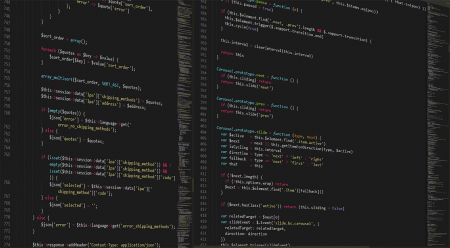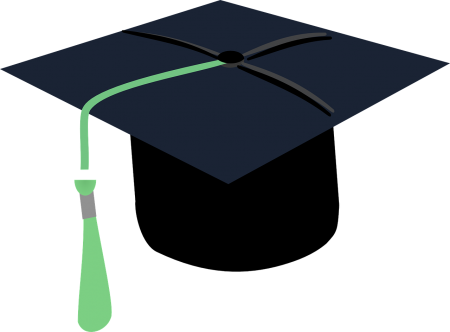Сочинение на тему "Школы Великобритании" коротко
Сочинение на тему "Школы Англии" коротко
Задать свой вопросEducation in Britain is compulsory and free for all children.
Primary education begins at the age of 5 in England, Wales and Scotland, and 4 in Northern Ireland. It includes three age ranges: nursery for children under 5 years, infants from 5 to 7, and juniors from 7 to 11 years old. In nursery schools babies dont have real classes, they learn some elementary things such as numbers, colours and letters. Besides, they play, have lunch and sleep there. Children usually start their school education in an infant school and move to a junior school at the age of 7.
Compulsory secondary education begins when children are 11 or 12 and lasts for 5 years: one form to each year. Secondary schools are generally much larger than primary ones. Pupils in England and Wales begin studying a range of subjects stipulated under the National Curriculum. Religious education is available in all schools, although parents have the right to withdraw their children from such classes.
About 5 per cent of schoolchildren attend fee-paying private or public schools. Most of these schools are boarding ones, where children live as well as study. The most famous British public schools are Eton, Harrow and Winchester.
The large majority of British schools teach both boys and girls together. But grammar schools, which give state secondary education of a very high standard, teach boys and girls separately.
The school year in England and Wales starts in September and ends in July. In Scotland it runs from August to June and in Northern Ireland from September to June and has three terms. At 7 and 11 years old, and then at 14 and 16 at secondary school, pupils take examinations in the core subjects (English, Mathematics and Science).
The main school examination, the General Certificate of secondary education (GCSE) examination is taken at the age of 16. If pupils are successful, they can make their choice: they may either go to a Further Education College or a Polytechnic or they may continue their education in the sixth form. Those who stay at school after GCSE, study for 2 more years for "A' (Advanced) Level Exams in two or three subjects which is necessary to enter one of British universities. Universities usually select students basing on their A-level results and an interview. After three years of study a university graduate gets the Degree of a Bachelor of Arts, Science or Engineering. Many students then continue their studies for a Master's Degree and then a Doctor's Degree (PhD).
Educational system in Britain has strict quality standards. It is compulsory for all children aged 5 to 16 to study. British education is divided into two segments: state schools, which are free of charge, and private schools, which are paid for. Over 90% of children attend state public schools. Also Great Britain has two different systems of education: one is used in England, Wales and Northern Ireland and the other is used in Scotland.
The most popular schools in Britain are Boarding Schools. These are institutions where kids not only study, but live. In Britain, as in many other countries, there is a pre-school education, i.e. there are nursery schools for children from 2 to 7. After the nursery school, kids attend Junior Schools till they are 13. During these years children have to pass an obligatory exam, called SAT (Standard Assessment Tests) twice. In case, they pass it successfully, they can easily transfer to the next step, which is called Senior School. This school is for children aged 13 to 18, and it prepares its pupils for the special exam called GCSE (General Certificate of Secondary Education). It is also the time for future profession choice.
The main subjects at British schools are English, Mathematics, Geography, Art, Science, History, Physical Education, Information Technology, Music, Religious education and others. According to the classification of schools by gender, education in Britain can be divided into three types of institutions: mixed schools, schools for girls and schools for boys.
Higher education in Great Britain is quite expensive, especially for foreign students. However, there are sometimes tuition grants for talented students.
-
Вопросы ответы
Статьи
Информатика
Статьи
Математика.
Разные вопросы.
Разные вопросы.
Математика.
Разные вопросы.
Математика.
Физика.
Геометрия.
Разные вопросы.
Обществознание.




